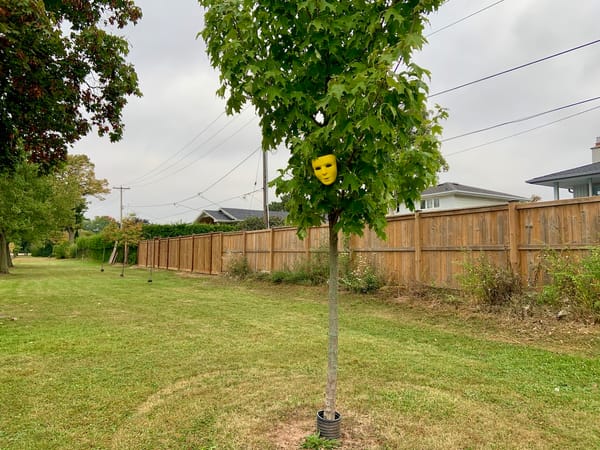(day -6): this too shall pass
What exactly is the point of taking on a challenge? Understanding good days and bad days in a long journey.

Take me to the most beautiful house, even the most magnificent palace, and no matter how attractive the interiors may be, there's only one place I'd gravitate to: the window.
And having spent a few moments at the window, taking in any view it may offer, I'd not be able to resist the urge to run out and be in that panorama, be a part of it, instead of merely at a distance, observing it like a witness.
After an entire day of being homebound and monitoring little D's temperature (his fever simply raged all day) and yet another sleepless night, I was determined to step out of home and go for a long walk this morning. Only, it started to pour cats and dogs.
But I was not to be thwarted. If I couldn't walk, I'd drive. At mid-morning, I stepped out to run a few errands, which took me a little ways up north, where I drove beside low mist-laden hills, pretending I was back in the mountains of Vancouver.
I returned home with a much lighter heart, yet the prospect of heading to the computer and opening up the manuscript filled me with dread.
Once again, I started to have doubts about participating in the writing challenge, because what I'm realizing is that I'm not an everyday writer. I write in sprints. My writing would flow for a handful of days in a row. And then I need a day or two off to rest my brain, to refill the creative well, so to speak.
And when life happens, such as D falling ill, it takes a lot out of me, physically, mentally and emotionally, even if especially when we spend the entire day at home, making sure he is well-rested and recovering.
Naturally, I spent most of my morning and afternoon under a cloud, which lifted of its own accord in the evening, when I went back to being my usual optimistic self, ready to participate in the challenge.
So here's what I'm beginning to see having gone on this trial run of a week ahead of the challenge.
- There will be good days and bad days. (For the sake of this discussion, good = high word-count days, and bad = low or zero word-count days.)
- The point of observing the good days and the bad days is not to figure out what led to a good day and try to replicate that over and over again in a bid to maximize the number of good days and minimize the number of bad days.
- The point is to acknowledge that there will be good days and there will be bad days, and that the latter will exist despite our best efforts. The more I try to resist or eliminate the existence of bad days, the harder I find it to get through them. And that's when I begin to sink into the fear spiral of doubt and negativity.
- I can approach a bad day in one of two ways: either try to bulldoze my way through it, or take a break. Sometimes the first alternative works, but even then it is only a temporary solution, and I eventually end up going down the second route.
- Since going down the second route is an inevitablity, as I've observed countless times in the past, I might as well learn how to acknowledge and accept it and do things I love, such as reading books, instead of falsely believing that I'd never have a career writing and selling stories because I wrote on only four out of seven days this week.
- The thing to remember, whether I'm having a good day or a bad one, is that this too shall pass. No good day will last forever. Neither will a bad one.
- Trying to make every day a good day is a futile endeavour. As is trying to prevent any bad day from happening in the first place.
- Cherish the good days without greed. Rest and recharge on the bad ones
withoutdespite the fear or guilt.
I was texting a friend throughout this afternoon. Her older son and D are in the same school. She also has a nearly 1 year old child. She was telling me how much she's now looking forward to school resuming this coming Monday after the March break.
As we were texting, I realized and shared with her that yes, some days with D at home were absolutely splendid, while some others felt like a slog.
"It's funny," I texted her, "I used to think it was parenting that made me feel this way, but frankly I think I've felt like this ever since I became an adult! And parenting just made all these feelings more intense and more obvious. Being a grown-up sucks sometimes!"
I reckon this is how I feel about my writing journey as well, and going into this challenge is simply making these facts of the cyclical and seasonal nature of my creativity more intense and more obvious.
No matter how much I write as part of this challenge, I'm pretty certain I will emerge a different person on the other end. The person I'm hoping to become is the one who can accept 'bad' days as part of the plan, as part of life, and not let them completely derail her.




